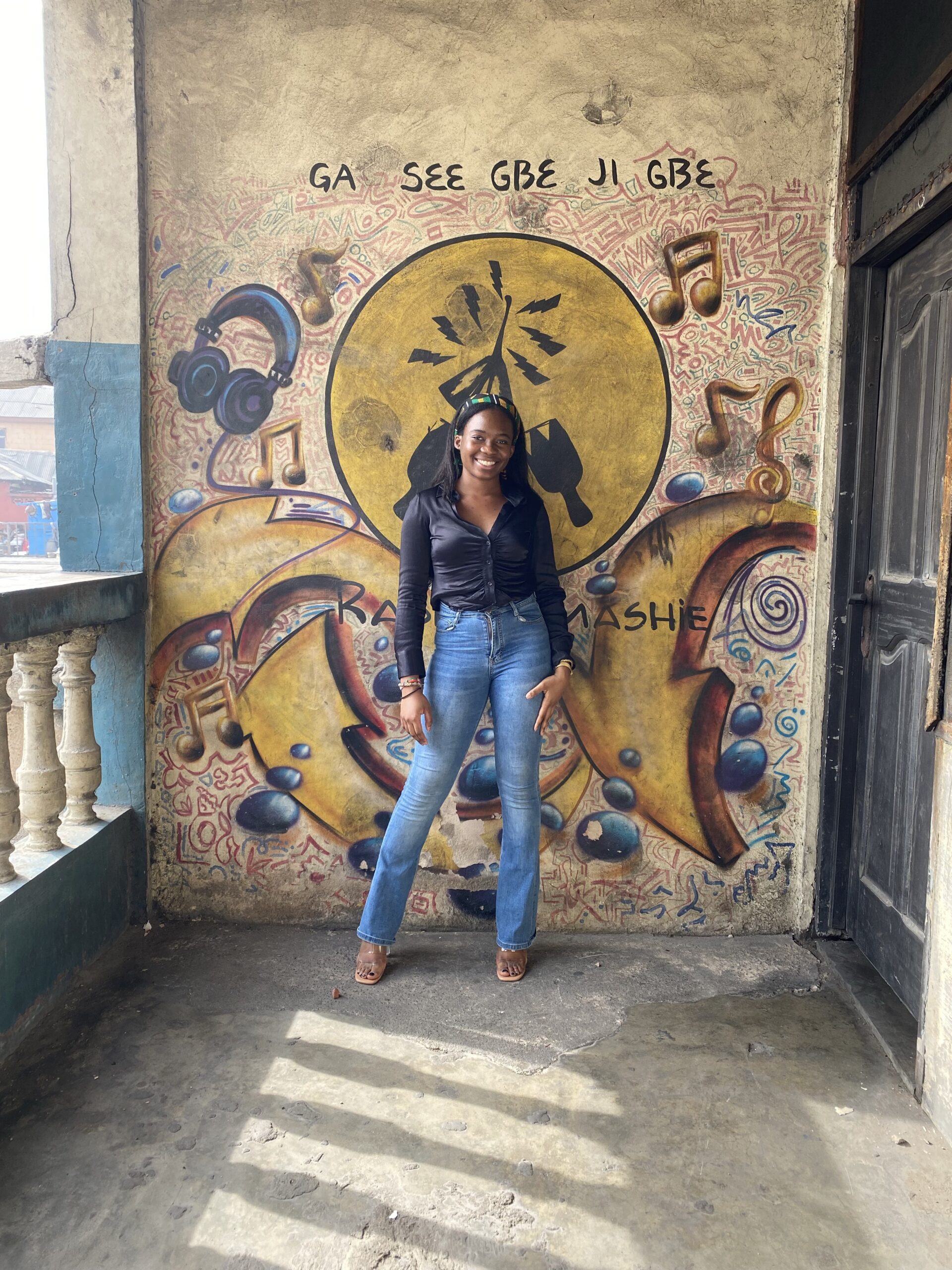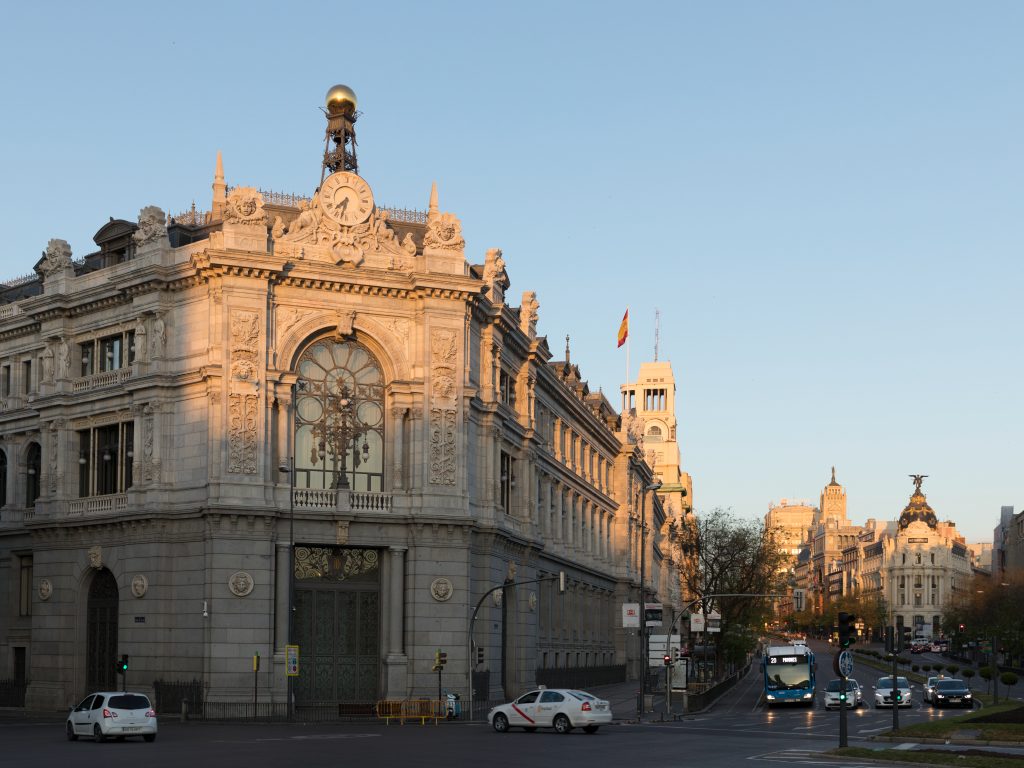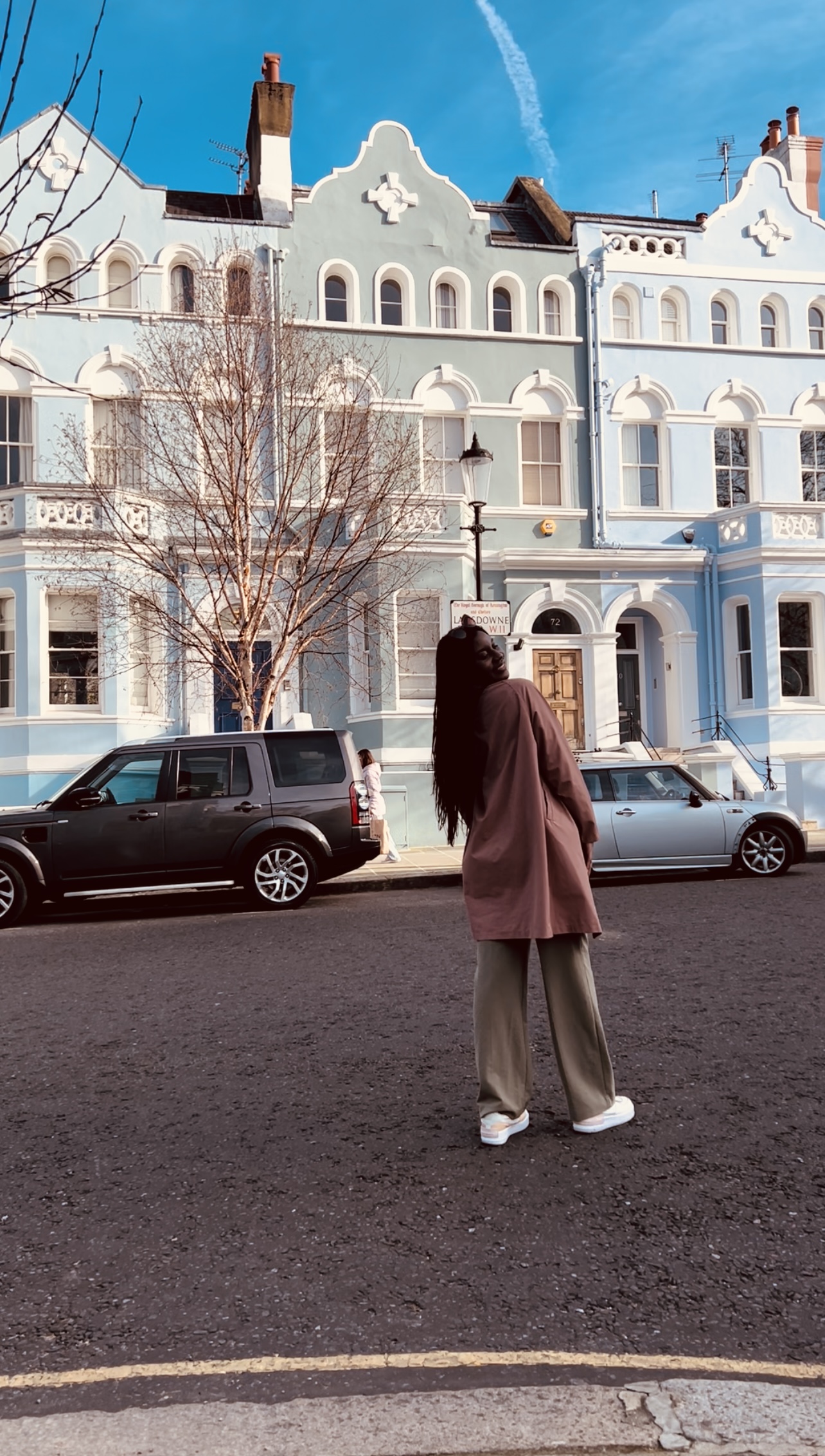
NYU students participate in inclusion, diversity, belonging, equity, and accessibility (IDBEA) initiatives every day. They might join a club that helps students from historically underrepresented backgrounds enhance their leadership potential or work in a lab and research the ways sexual and gender-based violence intersect with health. But students are not only committed to these values at NYU’s degree-granting campuses. They practice them while studying abroad, too.
The Global Equity Fellowship is one popular IDBEA program students participate in while studying away. Students can apply for this fellowship once they know where they will study the following semester. Before leaving their home campus, admitted students undergo training to master leadership, crisis management, and community-building skills. Once abroad, Global Equity Fellows help students successfully navigate and adjust to life in their host cities.
Fellows design and implement at least three programs that foster community engagement at their global sites. In addition, they work with IDBEA staff on an original research project that relates to diversity and inclusion in the local community.
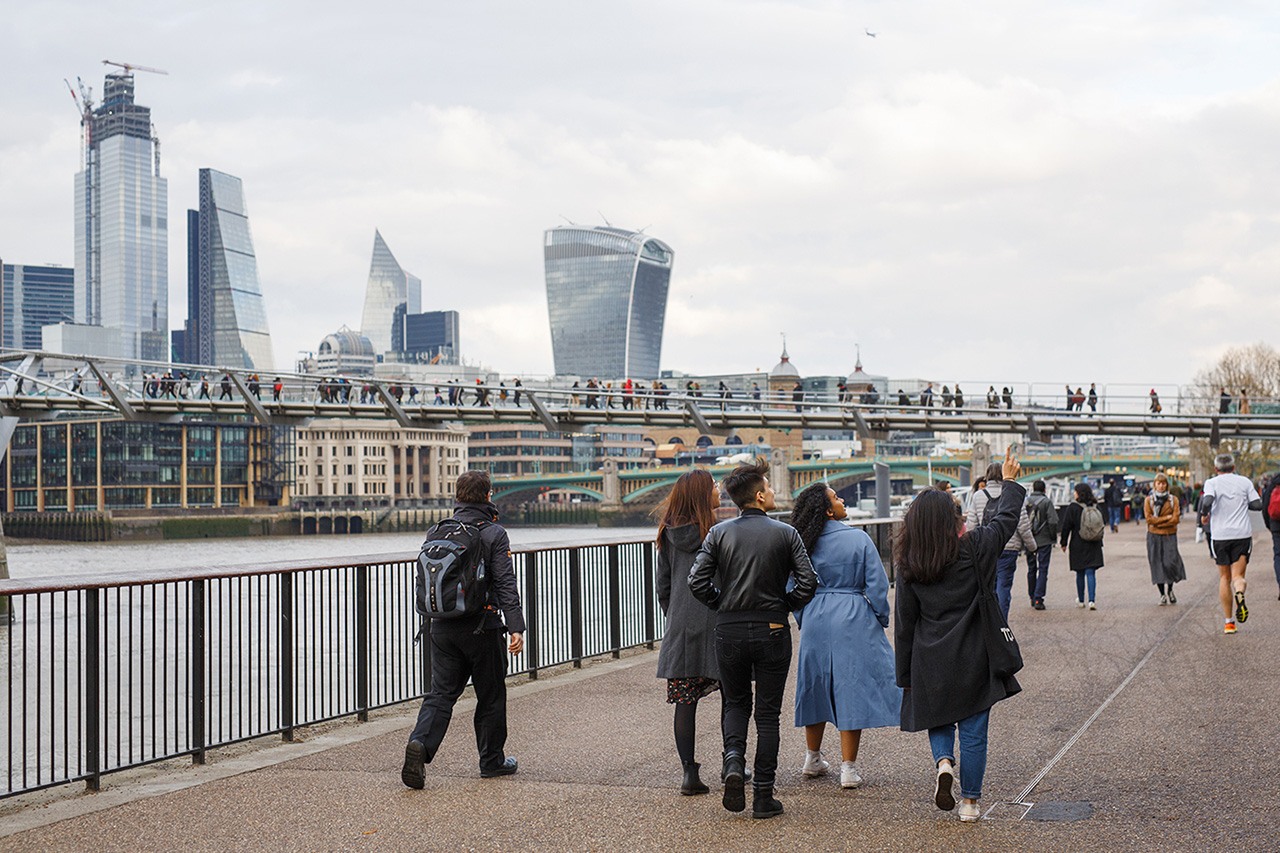
Promoting Social Justice and Creating Community at NYU London
Katie Nash, a junior at the NYU Gallatin School of Individualized Study concentrating in applied politics, comparative labor studies, and ethical communications and minoring in History, learned about the Global Equity Fellowship at an information session in New York City. She was about to leave for NYU London to study away during her sophomore year.
In London Katie aimed to shed light on the city’s often ignored Latinx population. For her research project, she decided to investigate why the city’s small but mighty Latinx population is underrepresented at NYU London.
“NYU London already had resource pages for Black Lives Matter and Stop Asian Hate. But they didn’t have one for Latino students,” Katie explained. “I researched and developed groups students could join. They were focused on topics as varied as activism and restaurants I’d tried that serve good Mexican food.”
Katie’s desire to understand the community’s history and activism inspired her to create her own page for Latinx students at NYU London.
“I know NYU has a little influx of Latinos going to London, many of them for the first time,” Katie says. “I became very comfortable with the city and thought the page could be a resource for future students.”
In her daily life, Katie worked closely with another fellow to monitor emails for student outreach and create events that engaged the student community. She dedicated about three to four hours each week to the position. The biggest event they worked on together was Culture Week, a four-day program honoring NYU’s degree-granting campuses and academic center in London.
Despite all the work she put in, Katie did not find the fellowship’s commitments overwhelming. While being a fellow, she went on six international trips and attended many concerts and theatre shows. In fact, the program supported her schedule. “I always felt like I knew what I was supposed to be doing,” Katie remarks.
Katie’s experience as a fellow was a fulfilling part of her time studying abroad. It even confirmed her desire to live in London after graduation to pursue a PhD.
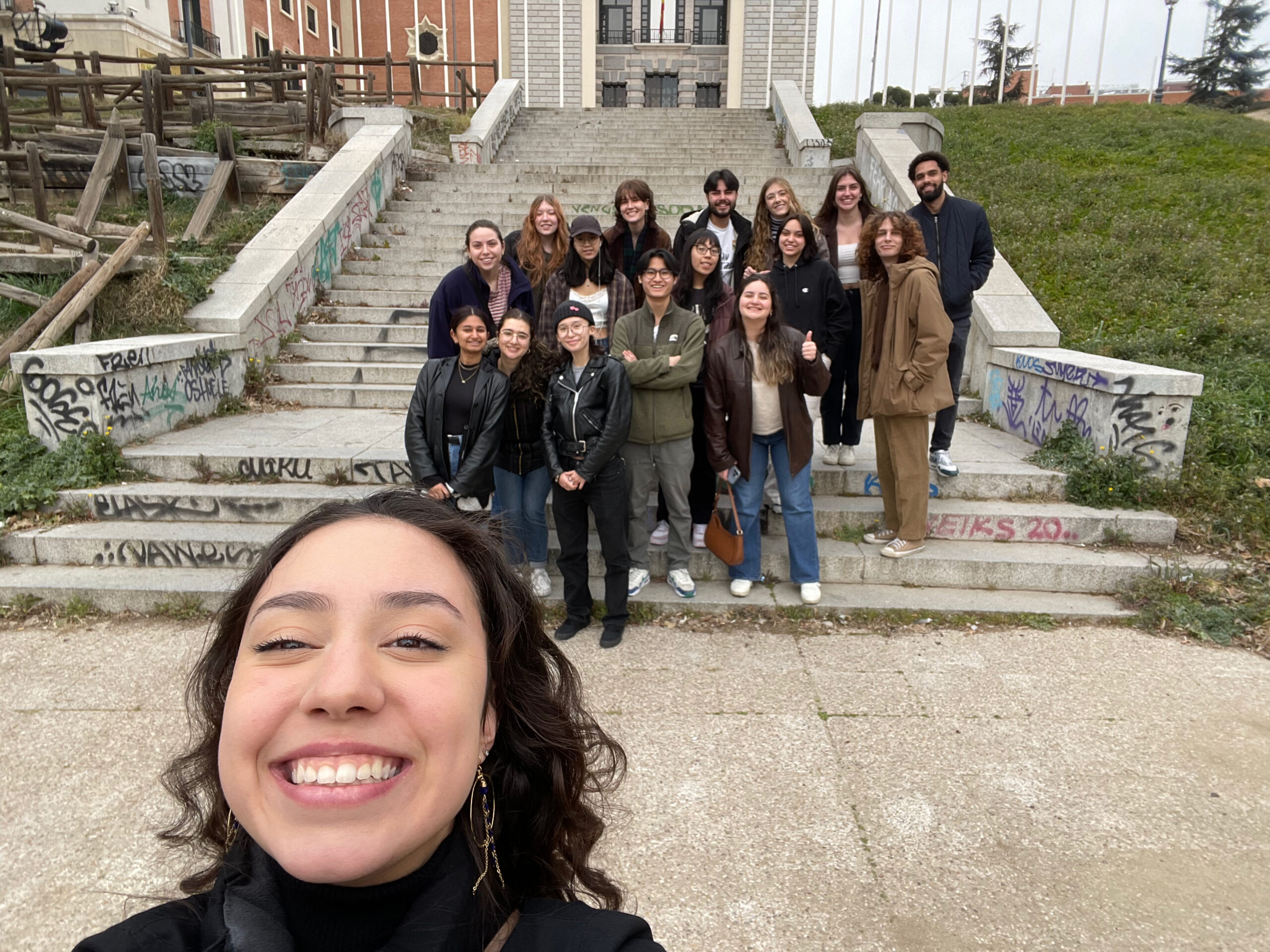
Delving into Latin-American Heritage at NYU Madrid
Liliana Flanigan, a Politics major at the College of Arts and Science, learned about the Global Equity Fellowship during the fall semester of her junior year at NYU Washington, DC. After hearing about a friend’s work as a fellow, she was intrigued by the opportunity to make a difference. She applied to become a fellow for her next semester at NYU Madrid.
Driven by a deep interest in equity and her Venezuelan heritage, Liliana explored Spain’s colonial legacy in Latin America. She wanted to understand Spain’s perception of Latin America and used this information to help fellow students of color navigate the study away program.
Liliana collaborated with other student leaders, peer mentors, and wellness ambassadors to curate student life experiences. They organized outings to Latinx neighborhoods outside the city center that allowed students to immerse themselves in the Madrid community, which provided a sense of belonging.
“The fellowship pushed me out of my comfort zone. I found places in Madrid where I could find my community,” Liliana says. “It’s a cool responsibility to look for places where we could find some refuge.”
Liliana organized a trip to the Museo de América, which was a prominent event in her experience as a fellow. It drew students from diverse backgrounds and fostered connections between them. The artifacts and relics from North, South, and Central America sparked an exciting, insightful conversation among the students.
Reflecting back, Katie and Liliana are grateful for the transformative conversations, new friendships, and mentorships the fellowship offered them. For both students, the program was a catalyst for personal growth. It encouraged them to explore their new cities and embrace the responsibility they felt to foster community among their peers.

